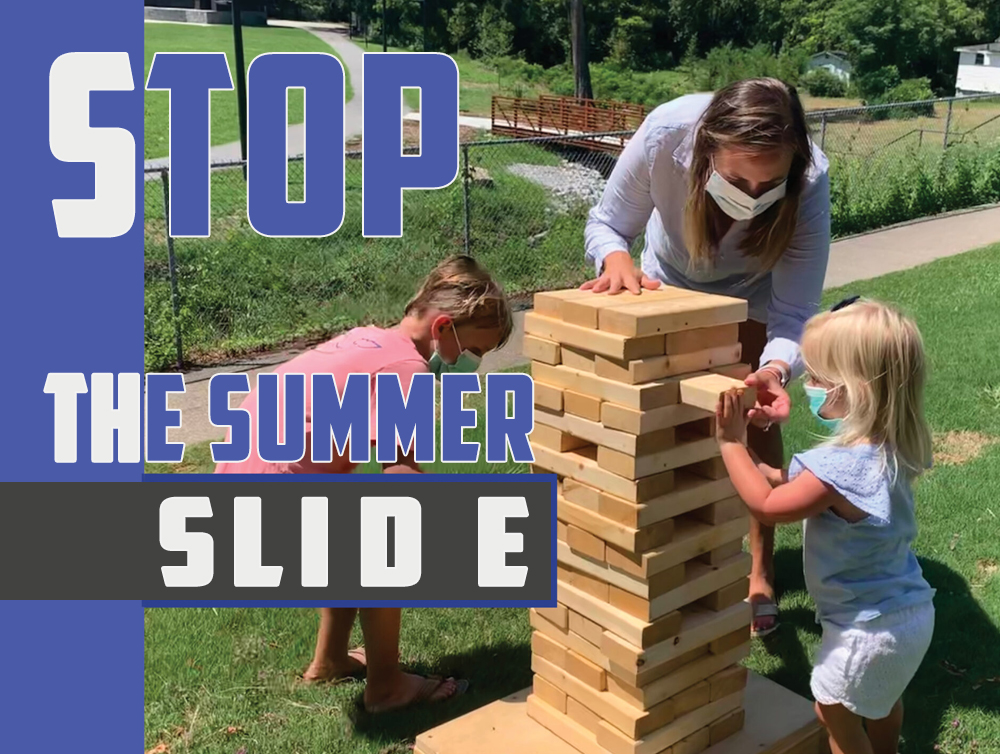5 Strategies for Sustaining Summer Learning Programs
Strategies for Sustainability
OST professionals understand that summer learning programs face various hurdles. From funding fluctuations to staffing issues and beyond, these challenges underscore the importance of long-term planning and sustainability. Podcast guests covered helpful strategies, starting with creating a sense of ownership among stakeholders.
- Actively engage stakeholders so that they’re invested.
- Cultivate a positive culture.
- Develop mindset shifts in adapting to changing circumstances.
- Incorporate enrichment into summer learning, something that may be overlooked throughout the traditional school year.
- Integrate social-emotional learning to support student engagement and well-being.
McNeill highlighted her program’s approach to creating a culture of positivity and thriving: “We provide dancing and singing. When our students come off the bus the very first day, they’re greeted by a group of staff that’s singing and clapping and applauding their participation and the fact that they’re showing up.”
Now in its fourth year of operation, Roden pointed to a steering committee as her program’s way of adopting a model of sustainability. These are stakeholders from every facet of the district, from transportation to food services, facilities to leadership, teaching, and learning.
“One key factor that we have is really engaging the people into our program,” said Roden. “How do we make sure that everyone understands what this program brings to our students, our families, and our communities? How does it create a lasting impact?”
